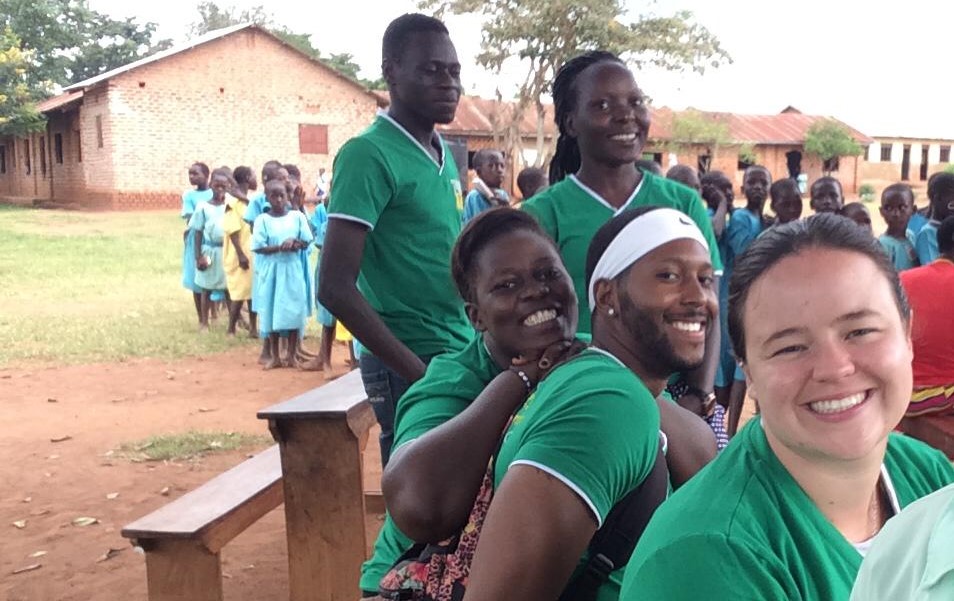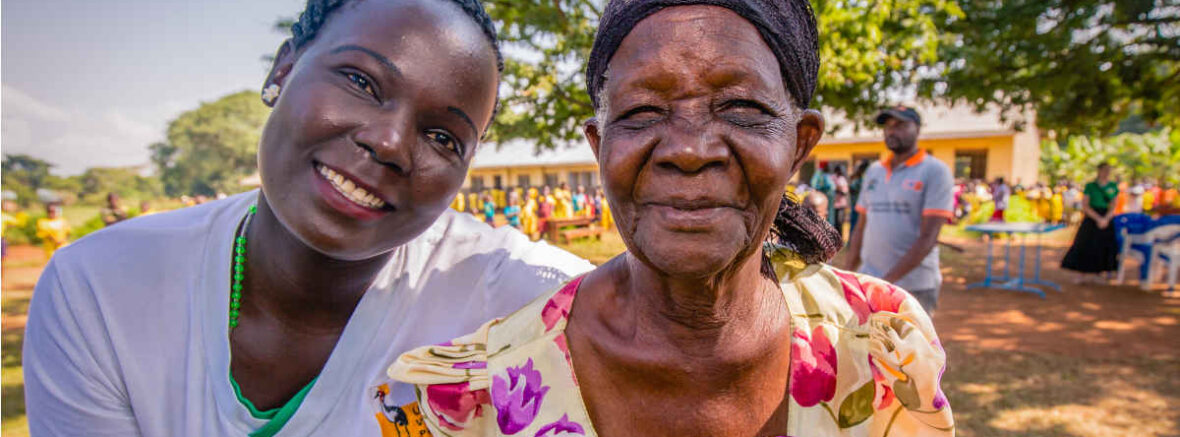Uganda Village Project (UVP) was formed in 2003 to promote public health and sustainable development in the rural communities of the Iganga District of southeastern Uganda. What began as a partnership between a rural Ugandan village community and a network of Ugandan and international professional and pre-professional students, has blossomed into a 501 (c) (3) organization currently working with over 15 different communities across the Iganga District.
In partnership with the Iganga District Health Office, UVP identifies communities that fall into the lowest quartile in sanitation and access to clean water in the district. We use this as our proxy for the most underserved villages and continue to expand each year in the 70 identified villages. We work in a village for three years, building relationships, strengthening connections to existing infrastructure, and providing education that prioritizes prevention over treatment. Core program areas include HIV/STIs, malaria, WASH, reproductive health, and obstetric fistula.
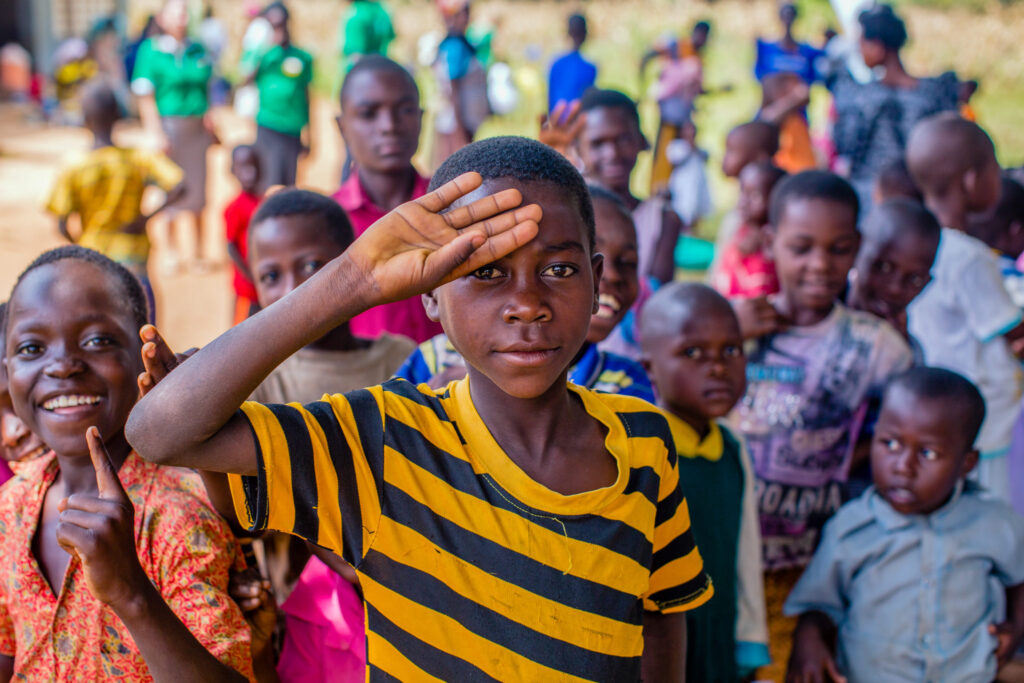
Building
Community
Relationships
UVP works with people, not for them, which is why we call the communities we work with “partner villages” — that’s how we see community members: as partners.
Without their efforts and commitment, UVP’s programs would not be successful and communities would not see their health improve. We spend time meeting with our VHTs on a regular basis, building their confidence and capacity and include the village leadership counsel in all decisions. A people-centered approach allows us to build trust and ensure that the change realized in a village over the three years is sustainable.
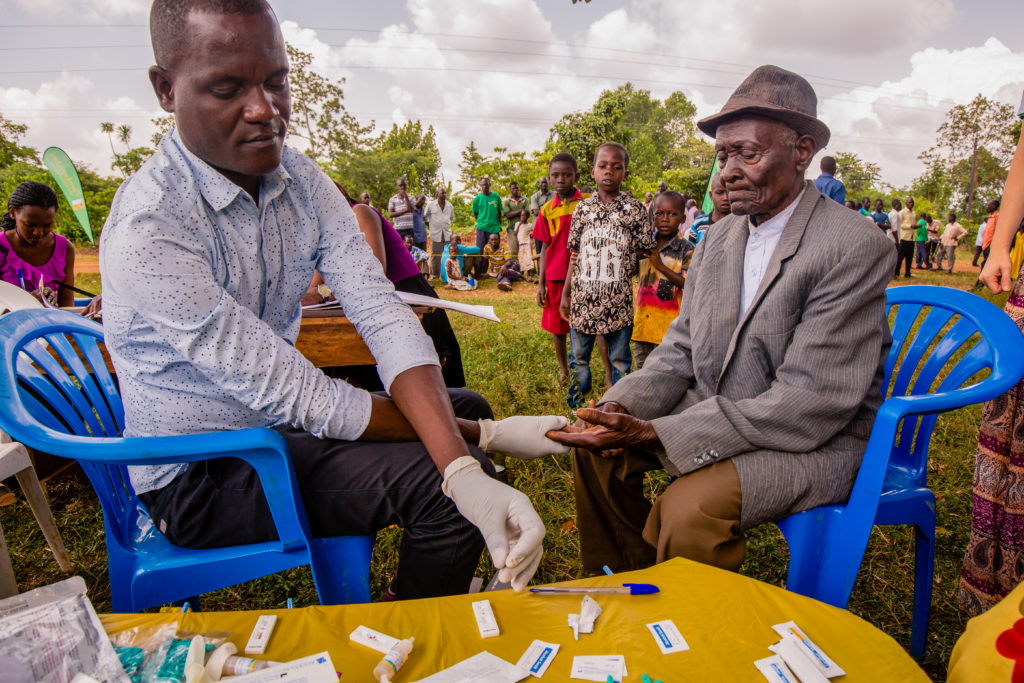
Strengthening
Connections to
Infrastructure
Infrastructure such as health centers, referral networks, and supply chains already exist in Uganda and UVP taps into these resources to make a big impact while keeping programming costs exceptionally low. From HIV testing kits and contraceptives to local health center staff and Village Health Team members, UVP connects we provide extended care to some of our more vulnerable patients to ensure they are allowed time to heal properly and provide skills training to assist them in supporting their family upon returning to the village.
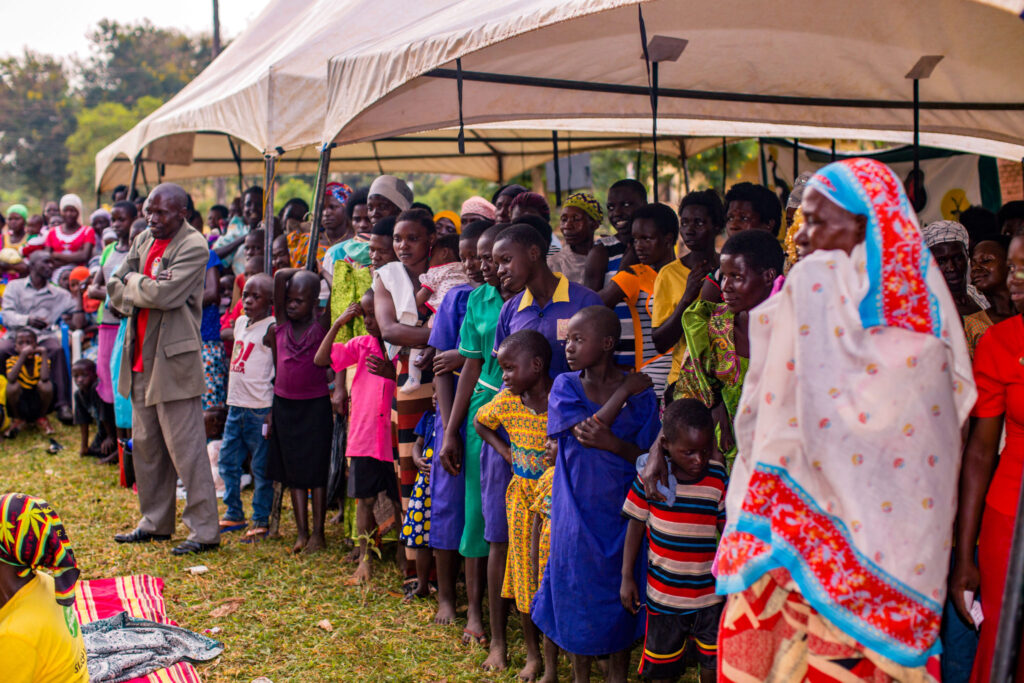
Focusing on
Community
Education
Education is the cornerstone of UVP and the primary way we deliver trusted information to our partner communities. In rural communities, formal education can be difficult to access, making information delivered from a trusted source in an informal setting one of the most common ways to gain valuable information. From large group gatherings where we test for HIV and provide education through an entertaining drama group to one-on-one interactions with Village Health Team members and healthcare workers from the local health center, UVP carefully crafts health messages to improve community members’ knowledge in various health areas and encourages small changes in behavior to realize the health benefits. UVP villages have shown an increase of 13% in health behavior practices over villages that have not worked with UVP.Fistula Ambassadors are former fistula patients and male patient advocates who act as local experts on fistula. Each year, they reach more than 20,000 people with education about fistula. Each Fistula Ambassador conducts multiple outreaches each year in their catchment area, educating community members about the prevention and treatment of fistula and seeking the community’s assistance in identifying women who need surgery.
Committed to training the next generation of public health leaders
